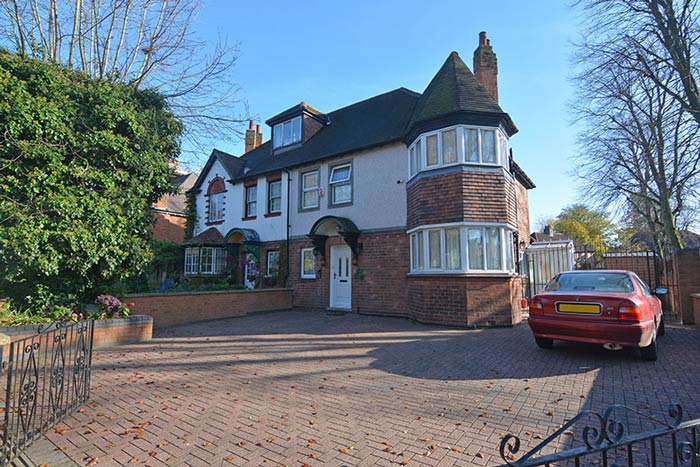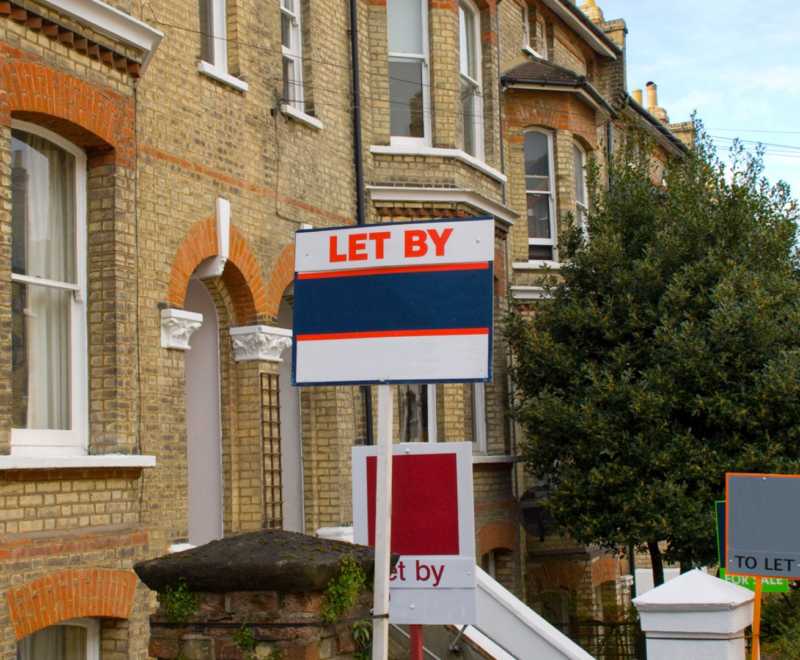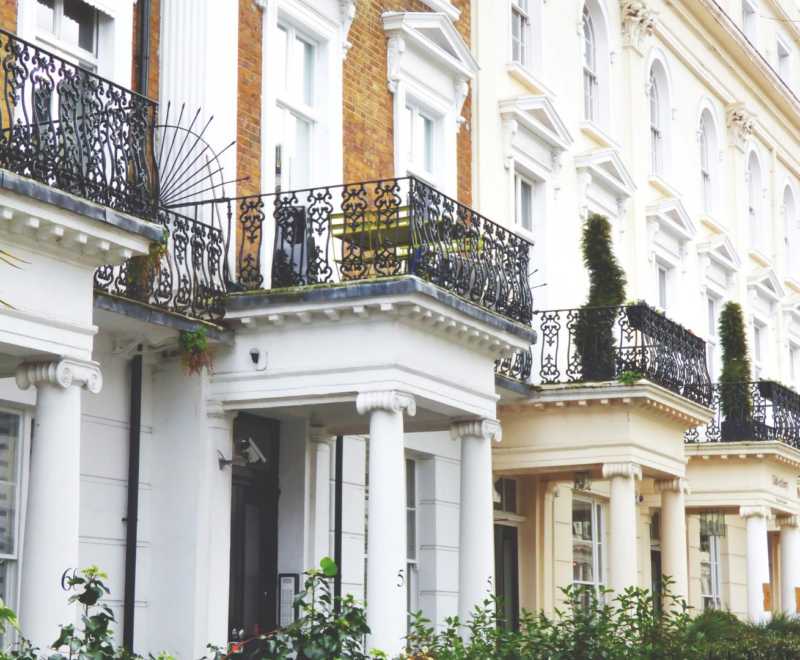When someone dies, their executor or administrator needs to work out how much the estate is worth for probate, including the value of their property.
The value of the properties in possession of the deceased person will be calculated based on their fair market value on the date of the person’s death. When we do a house valuation for probate, it’s important to consider a number of factors that could affect how much it’s worth. If the deceased person owned land or a house that was shared with other persons, the value of this property will need to be divided by the number of owners.
Table of content:
- How is ‘house value’ defined for probate purposes
- The fair market value of an inherited property
- Inheritance Tax
- How long does a probate house valuation take
- How much does a house probate valuation cost
- Who can value a house for probate
- What is considered personal property
- How to claim or refer an unclaimed estate
- What tax do you pay on an inherited property
- What happens to jointly owned assets on death
- What if the sale price is lower than the Probate value
- What if the sale price is higher than the Probate value
- Calculating the value of the contents
Probate is the word normally used to describe the legal and financial processes involved in dealing with the assets (property, money, and possessions) of a person who has died.
It is important that you get an accurate house valuation for probate as the property is usually the biggest asset of a deceased person’s will. How much is a probate property worth? Are there any features on the property that could increase its value?
How is ‘house value’ defined for probate purposes
A probate is the legal process in which a will is reviewed to determine whether it is valid and authentic. Probate also refers to the general administering of a deceased person’s will or the estate of a deceased person without a will.
The court appoints either an executor named in the will (or an administrator if there is no will) to administer the process of collecting the assets of the deceased person, paying any liabilities remaining on the person’s estate and finally distributing the assets of the estate to beneficiaries named in the will or as determined by the executor.
In some cases, the testator or deceased does not leave a will that should contain instructions on how his or her assets should be distributed after death. Whether there is a will for guidance or not, the assets of a decedent’s estate may be required to go through probate.
Determining the fair market value of an inherited property
As part of applying for probate, you need to value the money, property and possessions (‘estate’) of the person who has passed.
Need to complete 3 main tasks when you value the estate:
- Contact organisations such as banks or utility providers about the person’s assets and debts.
- Estimate the estate’s value. This will affect how you report the value to HMRC, and the deadlines for reporting and paying any Inheritance Tax. Most estates aren’t taxed.
- Report the value to HM Revenue and Customs (HMRC).
Inheritance Tax
You need an estimate of the estate’s value to find out if there is Inheritance Tax to pay. The estate won’t have to pay tax as long as it: all passes to the dead persons’ spouse or civil partner; a charity or a community amateur sports club or has a value below the Inheritance Tax threshold of £325,000.
If the person who died was widowed or is giving away their home to their children, the tax threshold can be higher. Whether there’s tax to pay will affect how you report the estate’s value and the deadlines for reporting and paying any tax.
You need to estimate the ‘gross’ value of the estate. This is the value of the assets plus ‘gifts’. At this stage, your estimate only needs to be accurate enough for you to know if the estate owes tax. In this category includes Assets, Joint Assets, Gifts, Debts.
Now you can start to report to HMRC about the value of the estate.
How long does a probate house valuation take
The process of valuing the estate can take 6 to 9 months, or longer for big/complicated estates. Remember that you don’t need to value the estate straight away after someone dies as there are only deadlines if the estate owes Inheritance Tax.
If it does, you’ll need to send Inheritance Tax forms within one year and to start paying tax by the end of the sixth month after the person died – you can make a payment before you finish valuing the estate. For this you can hire a professional, for example, a solicitor, to help with some or all of the tasks involved with valuing an estate.
How much does a house probate valuation cost
Generally, a house valuation with an estate agent is free.
A house valuation is a fast and accurate way to get an estimate of the price of your property. The main factors to establishing the value are the asking price of current local comparable properties and the prices achieved for recent sales.
Zoopla and Rightmove can also provide details of recent sale prices locally.
Who can value a house for probate
If you decide to use estate agents and surveyors to carry out the valuation on your behalf, then they will have strict guidelines to follow. They will use the ‘Open Market Value’ to decide how much the property is worth.
The property valuation for probate is a fast way to get an estimated value of the deceased person’s house, flat, or any type of property and an informed and objective estimation of the worth of the property in the current property market. Conducting a probate valuation is an essential step in the process.
Contact us today at 0121 544 9595 for a free valuation.
What is considered personal property in an estate?
Personal property is generally anything that isn’t cash or real estate. This would include vehicles, furniture, household items, clothes, tools, etc.
Wikipedia defines “Personal property is generally considered property that is movable, as opposed to real property or real estate. In common law systems, personal property may also be called chattels or personality.
In civil law systems, personal property is often called movable property or movables – any property that can be moved from one location to another.
Personal property is movable and can be understood in comparison to immovable property or real property, such as land and buildings. Movable property on land, for example, larger livestock, was not automatically sold with the land, it was “personal” to the owner and moved with the owner.”
How to claim or refer an unclaimed estate?
When someone dies with no will or known family, their property passes to the Crown as ownerless property (or ‘bona vacantia’). It can be any kind of property, like buildings, money or personal possessions.
Steps to claim an unclaimed estate property:
a. Check if the estate is listed with the Crown.
Who to contact:
- The Government Legal Department handles bona vacantia in England and Wales (except in the Duchies of Cornwall and Lancaster).
- In the Duchies of Cornwall and Lancaster – Farrer and Co
- Scotland – The Queen’s and Lord Treasurer’s Remembrancer
- In Northern Ireland – phone the Crown Solicitor’s Office for Northern Ireland
b. Make sure you’re an entitled relative
You need to know if you’re entitled before making a claim on an estate. The general rules are:
- If there’s no will, the person’s spouse or civil partner and then any children have the first claim to the estate
- There’s no spouse or child, anyone descended from a grandparent of the person is entitled to a share in the estate
- If you’re related by marriage you have no entitlement
c. Make a claim on the estate
What tax do you pay on an inherited property?
You don’t usually pay tax on anything you inherit at the time you inherit it. Also, you may need to pay the income tax on the profit you later earn from your inheritance, eg dividends from shares or rental income from a property, capital gains tax if you later sell shares or a property you inherited and inheritance tax.
You may need to pay Inheritance Tax on a gift the person gave you in the 7 years before they died. May also need to pay it if your inheritance is put into a trust and the trust can’t or doesn’t pay. If the will says the inheritance tax should be paid out of the assets you’ve inherited, the executor of the will or administrator of the estate will usually pay it.
What happens to jointly owned assets on death?
The most simple way to understand it is to break down how property is titled into three basic concepts: Sole ownership, Joint ownership and title by contract. Joint ownership comes in two forms, with rights of survivorship and without rights of survivorship.
Joint ownership with rights of survivorship means that two or more individuals own the account or real estate together and after one owner dies, the remaining owner(s) continue to own the property.
On the other hand, joint ownership without rights of survivorship means that two or more individuals own a specific percentage of the account or real property, such as one individual owning 70% and a second individual owning 30%.
Joint ownership of property without rights of survivorship is referred to as owning the property as “tenants in common.”
Joint tenancy is a useful form of ownership for people who want the property to pass to the other owner without probate, but it is restrictive and can cause tax complications. If the property was owned under a ‘joint tenancy’, the deceased and the other owner both own the whole of the home.
Ownership passes to the surviving owner.
Dealing with the deceased’s property can be relatively straightforward, but often a solicitor would become involved in sorting out their affairs, including property.
What if the sale price is lower than the Probate value?
If the property is sold within four years of the death of the owner and the sale price is lower than the figure that was provided for Probate, a claim can be made to HM Revenue & Customs for a refund of any overpayment in Inheritance Tax.
What if the sale price is higher than the Probate value?
If the property is sold soon after Probate is granted and the sale price is higher than the figure submitted for probate, HM Revenue & Customs may try to substitute the sale price instead of the previously submitted figure and recalculate the Inheritance Tax liability. Fortunately, this can be challenged and negotiated with the District Valuer.
Alternatively, be aware that HM Revenue & Customs could view the increase as again during the administration period; and so they may decide that Capital Gains Tax is payable.
Calculating the Value of the Contents
In many cases, the vast majority of the contents of a house will not hold any significant value. The first step that you should take is to identify and list out all items that you think might hold value. The best approach is to research online on how much similar items are being sold for, taking into account the age and condition of the items. For some items, it would be best to obtain a professional valuation from someone who specializes.
Book an appointment with one of our property experts. Call us on 0800 862 0870 or find out how much your house is worth with our free property valuation services.
By









